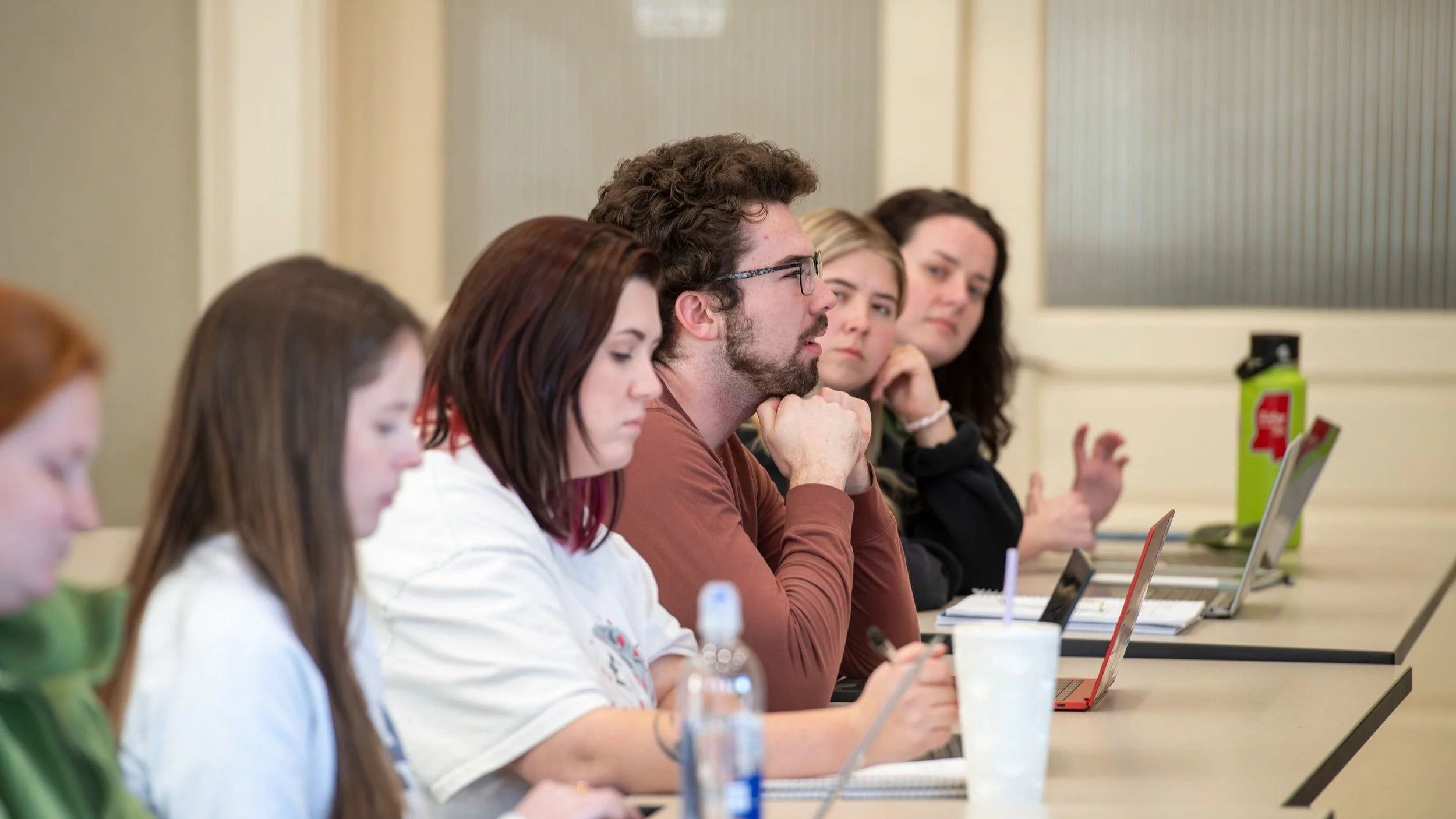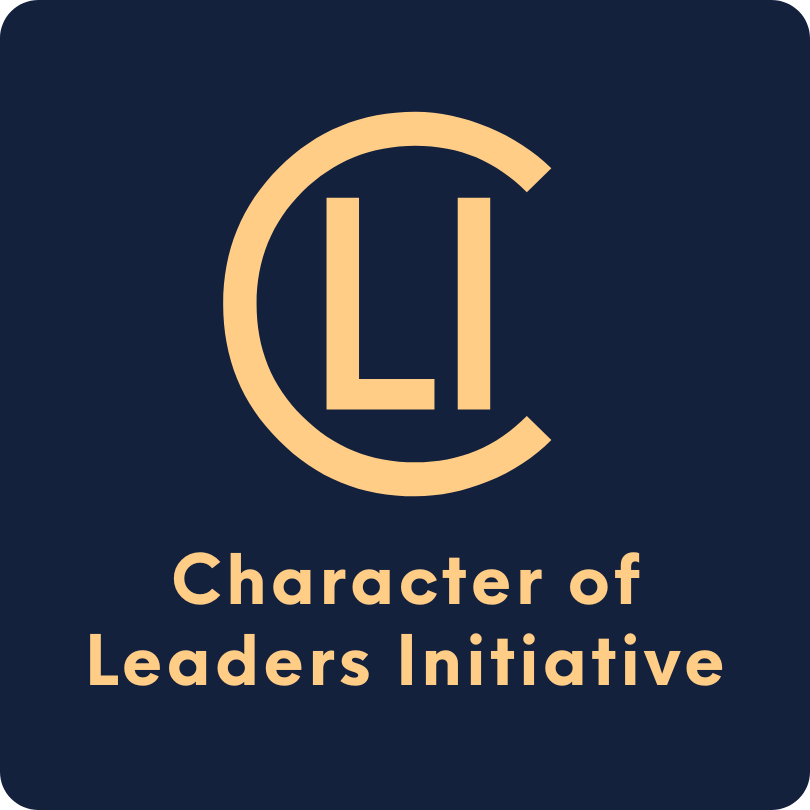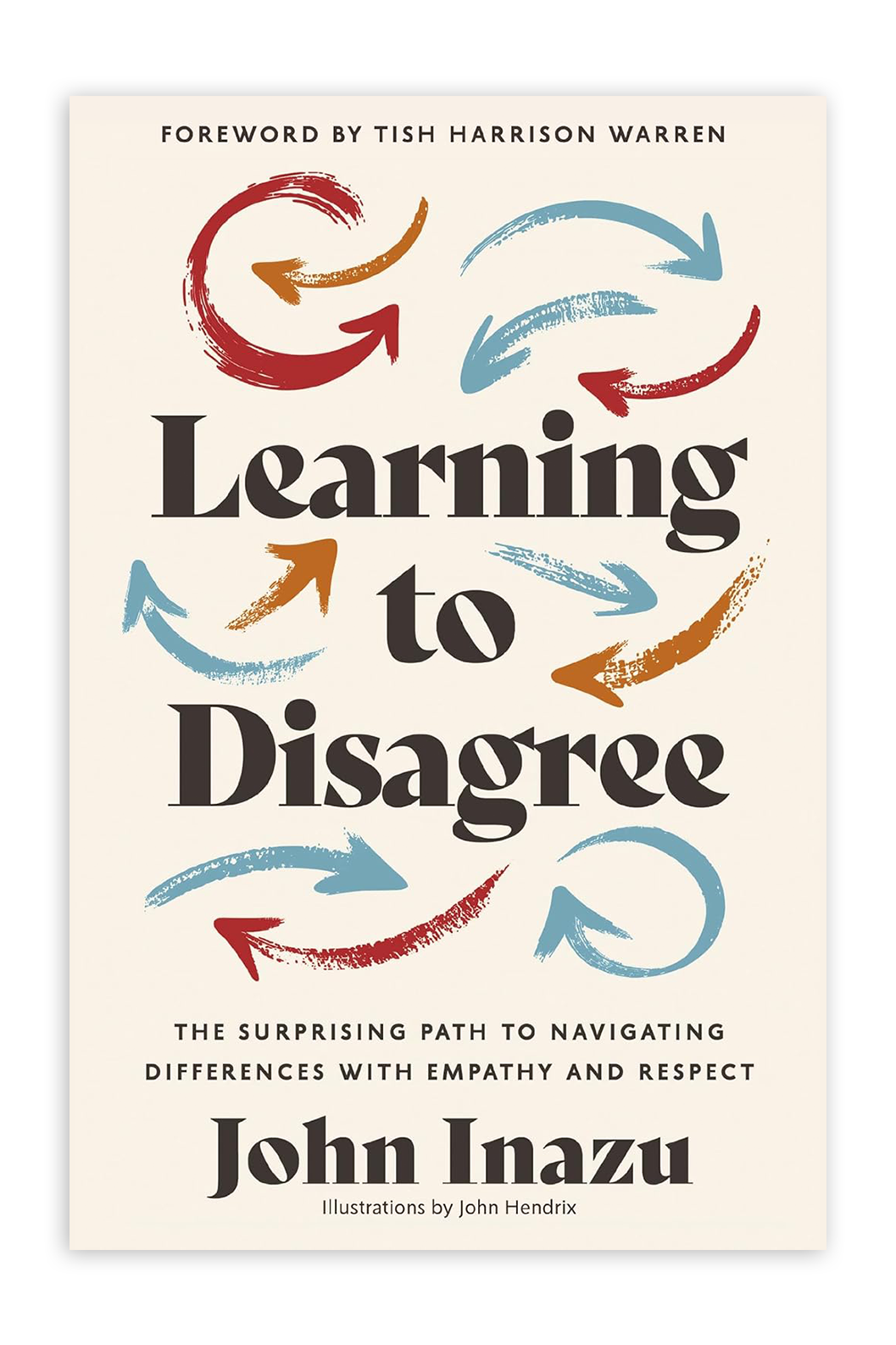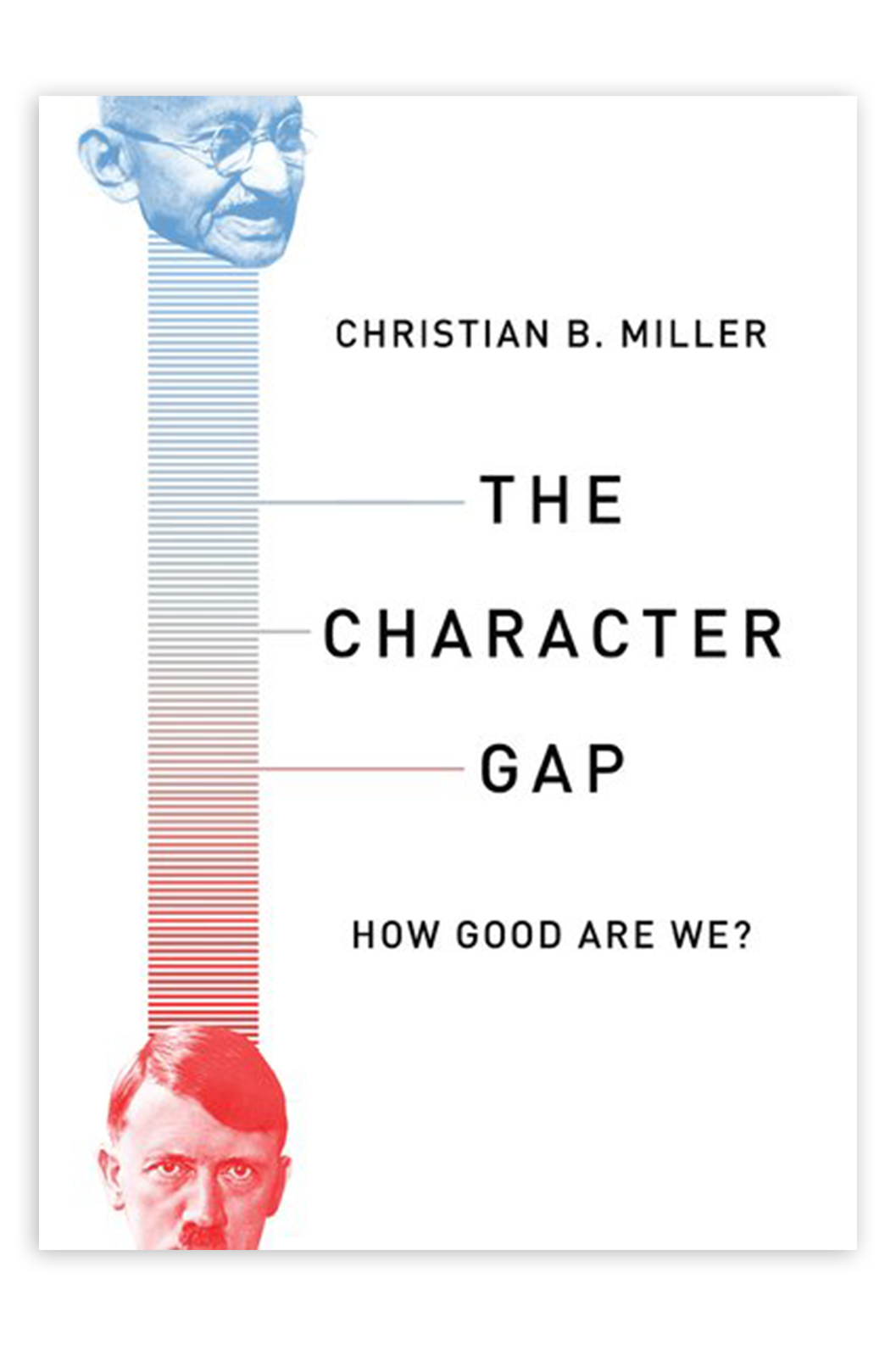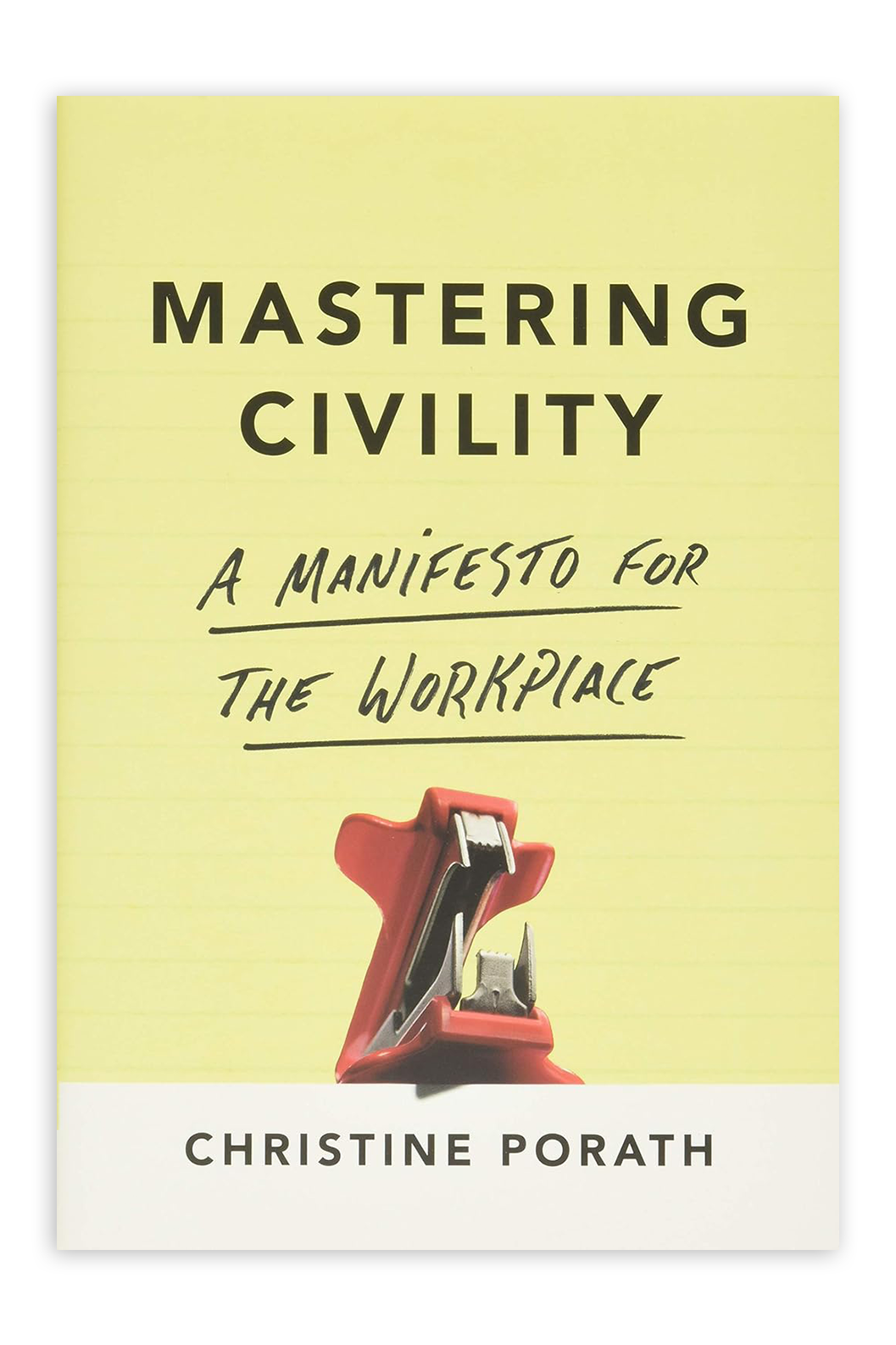Character of Leaders Initiative (CLI)
A collaboration between the Trent Lott Leadership Institute and The Center for Practical Ethics
“Do the best you can until you know better. Then, when you know better, do better.”
Leaders of character are not born; they are made. Today the work of forming leaders of character has reemerged as a priority for those universities that seek to create citizen scholars who know how to work together to solve complex problems. Our world has no shortage of complex problems. We need leaders with the passion, energy, and vision to make a difference; leaders who can see clearly the moral weight of their actions. Becoming that kind of person requires great personal effort and an environment where knowledge is married to practice. The Character of Leaders Initiative (CLI) is meeting that need.
CLI is a 3.5-year program funded by a generous grant from Wake Forest University's Educating Character Initiative awarded jointly to the Trent Lott Leadership Institute and The Center for Practical Ethics. Our work centers on integrating character education into every aspect of a student's experience at the University of Mississippi (UM). We foster moral, civic, and intellectual virtues on our campus through education, mentorship, and community engagement using a method which builds on the UM Creed and on decades of character education to create a unified and interdisciplinary approach for developing ethical and effective leaders.
Virtue
Development
Promoting respect, civility, fairness, intellectual humility, and personal integrity as essential traits for leadership.
Areas of Focus
By integrating moral, civic, and intellectual virtues, CLI is creating a culture of ethical leadership to help students and citizens navigate a complex world with empathy and integrity.
Integrated
Education
Merging curricular and co-curricular programs to create a cohesive learning environment.
Leadership
Preparation
Training students to serve as ethical leaders in their communities, careers, and personal lives.
Campus Culture Transformation
Promoting a shared commitment to ethical leadership across students, faculty, staff, and administration.
Honors & Awards
CLI Scholars Fellowship
Application Deadline: May 30, 2025
Through generous grant funding, The Center for Practical Ethics and the Lott Leadership Institute are delighted to announce the CLI Scholars Fellowship. All expenses related to the fellowship are fully covered by the grant.
Selected faculty will join scholars from across campus for a year-long learning and research cohort to support course development, research on virtue and character education, and professional development through workshops, conferences, and publications. In addition to networking and professional development, this award provides funding for all books, luncheons, lectures, workshops, and registration for CLI program events.
CLI Scholar Fellows will receive the following six complimentary books as resources for their learning and research interests:
The Arts of Leading: Perspectives from the Humanities and the Liberal Arts, edited by Edward Brooks and Michael Lamb
Integrity, Honesty, and Truth Seeking, edited by Christian Miller and Ryan West
Mere Civility: Disagreement and the Limits of Toleration, by Teresa Bejan
Deep in Thought, by Jason Baehr
The Character Gap: How Good Are We?, by Christian Miller (reading group book)
Fewer Rules, Better People: The Case for Discretion, by Barry Lam (reading group book)
As a learning and research cohort, fellows will develop collaborative networks through each semester’s reading group, exploring Miller’s book in the fall semester and Lam’s book in the spring semester (see above).
CLI Scholar Fellows will join other leaders involved in this campus-wide initiative to expand expertise on character and leadership. The year-long collection of programming includes:
Fall Semester
Pre-Semester Workshop: Exemplars and the UM Creed
Program Summit: Habits, Community, and Character
Luncheon Presentation: Moral Virtues
Speaker: Christian Miller on The Character Gap
Spring Semester
Pre-Semester Workshop: Crafting Character-Based Learning Objectives
Program Summit: Developing Character as Professionals
Luncheon Presentation: Civic Virtues
Speaker: Barry Lam on Fewer Rules, Better People: The Case for Discretion
Luncheon Presentation: Intellectual Virtues
Additional professional development and research opportunities include collaboration to develop:
Presentations for conferences such as the Association for Practical and Professional Ethics, the Society for Ethics Across the Curriculum, and Wake Forest’s Program for Leadership and Character Conference
Articles for submission to journals such as Teaching Ethics, the International Journal of Applied Ethics, and the Journal of Character Education
Faculty who complete the year-long programming are eligible to receive a stipend ($1,000) to revise a course or to design a new course (for a $3,000 stipend). (This separate application process will be announced in Spring 2026.) These revised and new undergraduate courses may be included as one of the UM Character of Leaders Initiative courses as well as the Ethical Reasoning & Ethical Responsibility courses for General Education.
Applications are due by May 30th and awards will be announced by June 30th. Materials and details about the pre-semester workshop (the first event of the 2025-2026 academic year) will be distributed to all fellowship recipients after July 1.
For questions or more information, please contact ethics@olemiss.edu
Recommended Books
-
Learning to Disagree explores how we can engage meaningfully across deep divides without compromising our convictions. Drawing from law, theology, and personal experience, Inazu offers practical guidance for navigating disagreement with integrity and empathy. Through real-life stories and thoughtful reflection, Inazu makes a compelling case for principled pluralism in a polarized world.
The Character Gap: How Good Are We? by Christian Miller
-
In The Character Gap, Miller examines the discrepancy between how virtuous we believe we are and how we actually behave. Drawing on psychological studies, he argues that most people possess a mix of good and bad traits, falling between virtue and vice. Miller explores strategies for character improvement, such as emulating moral role models and cultivating self-awareness.
The Excellent Mind: Intellectual Virtues for Everyday Life by Nathan King
-
This book explores the significance of intellectual virtues—traits like curiosity, humility, honesty, and courage—in fostering effective thinking and responsible citizenship. Drawing from philosophy and psychology, King illustrates how cultivating these virtues can enhance personal relationships, civil discourse, and lifelong learning. The book offers practical guidance on developing intellectual character, emphasizing its role in both education and everyday life.
Mastering Civility: A Manifesto for the Workplace by Christine Porath
-
In Mastering Civility, Porath shows how small acts of respect and kindness at work can boost morale, performance, and retention. Drawing on research and real-world examples, she illustrates how incivility harms organizations and why leaders should prioritize a culture of respect. The book offers practical tips for building a more positive, productive workplace.

Blackboard Sign Up
Students, staff, and faculty can join the University of Mississippi CLI network. Just send us an email with the subject line “Add me to CLI Blackboard page” and we’ll use your university-affiliated email address to add you to the Blackboard page for access to additional events, materials, lists of courses, reading groups, and award opportunities.

